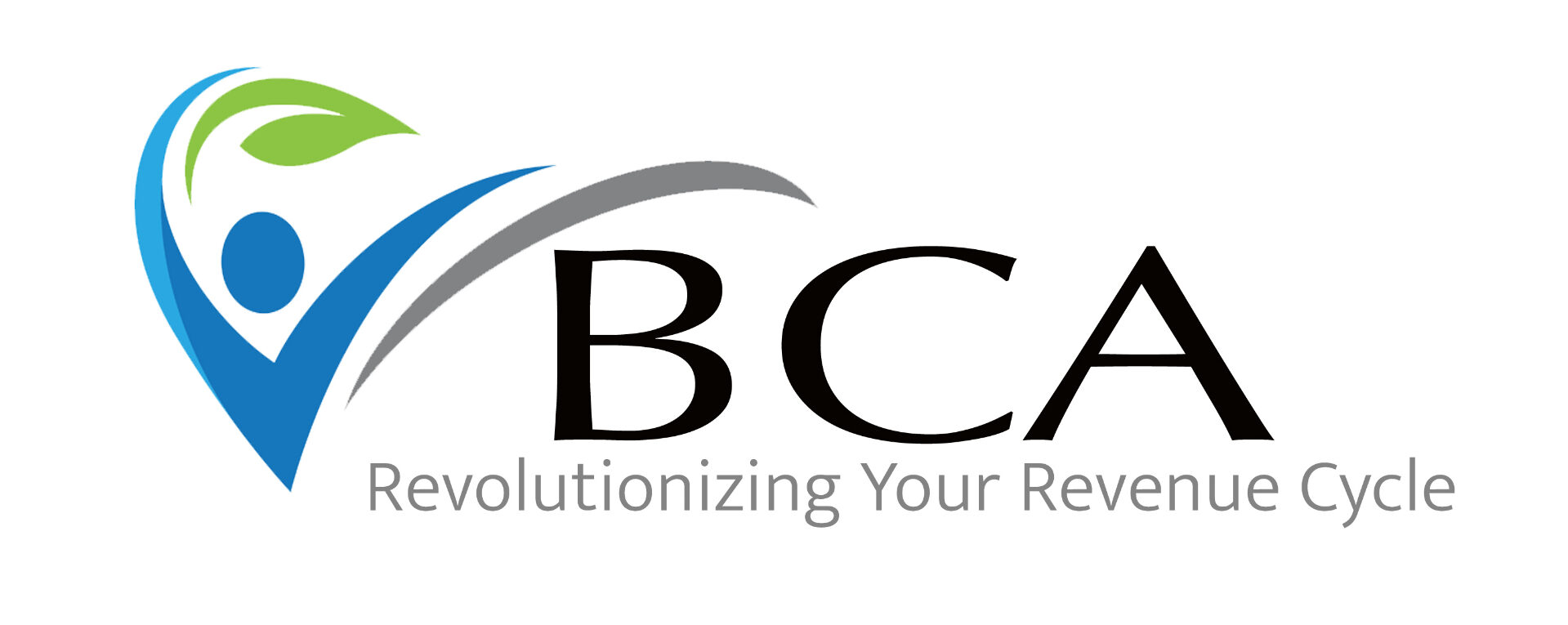On October 31, 2025, the Centers for Medicare & Medicaid Services (CMS) released the Calendar Year (CY) 2026 Physician Fee Schedule (PFS) Final Rule, outlining payment and policy changes effective January 1, 2026. The rule advances the Administration’s goal of promoting quality, efficiency, and innovation across Medicare Part B services.
Payment Structure and Conversion Factors
The PFS, in place since 1992, determines payment for physicians and other billing professionals across a wide range of care settings. Payments are based on Relative Value Units (RVUs) for work, practice expense, and malpractice, adjusted for geography and multiplied by a conversion factor (CF).
Starting in 2026, CMS will use two conversion factors: one for Qualifying APM Participants (QPs) and one for non-QPs. The final CY 2026 CFs are $33.57 for QPs (+3.77%) and $33.40 for non-QPs (+3.26%), reflecting statutory updates and RVU adjustments.
Efficiency and Practice Expense Adjustments
To address overvaluation of certain services and promote payment accuracy, CMS is introducing an efficiency adjustment of –2.5% to work RVUs for non–time-based services, excluding E/M, care management, behavioral health, telehealth, and maternity codes. This adjustment reflects anticipated productivity gains over time and aims to shift away from reliance on subjective survey data toward empirical time studies.
CMS also finalized practice expense (PE) methodology updates to better reflect modern care delivery. While new AMA practice cost survey data were not adopted due to quality concerns, CMS will now recognize greater indirect costs for office-based settings and use hospital outpatient data to inform costs for certain technical services, such as radiation therapy and remote monitoring.
Telehealth and Supervision Policies
CMS is streamlining telehealth policy by removing distinctions between provisional and permanent services and eliminating frequency limits for follow-up inpatient, nursing facility, and critical care visits. Physicians may now provide direct supervision virtually via two-way audio-visual technology. CMS also permanently allows teaching physicians to supervise residents virtually when services are provided virtually.
Chronic Care and Behavioral Health
Recognizing chronic disease and behavioral health as intertwined priorities, CMS is finalizing optional add-on codes for Advanced Primary Care Management (APCM) to support behavioral health integration and Collaborative Care Model (CoCM) services. Coverage for digital mental health treatment devices is expanded to include ADHD, with consideration for future inclusion of additional digital tools.
Skin Substitutes and Drug Pricing Reforms
Due to excessive growth in spending—from $252 million (2019) to over $10 billion (2024)—CMS will begin paying for skin substitutes as incident-to supplies, aligning payment with FDA regulatory categories and setting a unified rate of $127.28 for 2026.
CMS is also implementing new policies on drug manufacturer refunds, average sales price (ASP) reporting, and inflation rebate programs under the Inflation Reduction Act, including creation of a 340B data repository.
RHC and FQHC Policies
For Rural Health Clinics (RHCs) and Federally Qualified Health Centers (FQHCs), CMS is adopting new APCM behavioral health add-on codes, aligning care management payment policies with the PFS, and permanently allowing virtual direct supervision. Telehealth flexibilities, including audio-only billing, are extended through December 31, 2026.
Overall, the CY 2026 PFS Final Rule emphasizes payment accuracy, modernization, and integration—aiming to rebalance incentives toward primary care and behavioral health while maintaining fiscal sustainability.
Read the full article at CMS.GOV.

